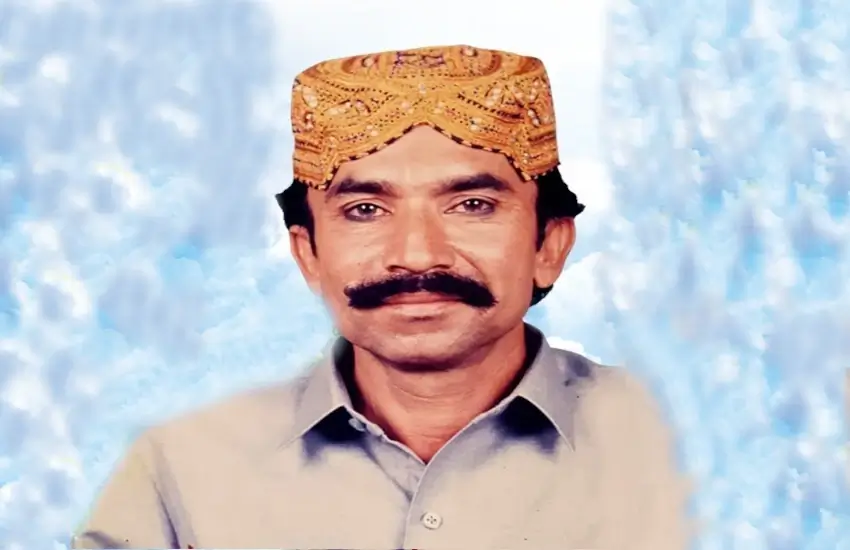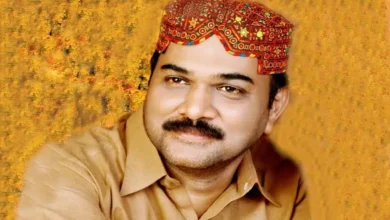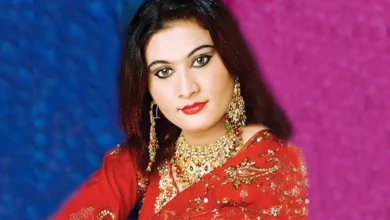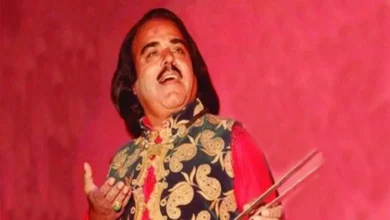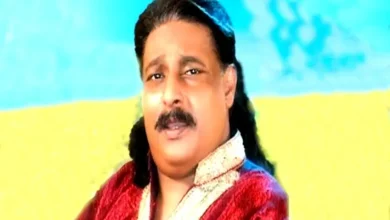Ali Muhammad Taji – Bio, Top 20 Best Pakistani Qawwali Music
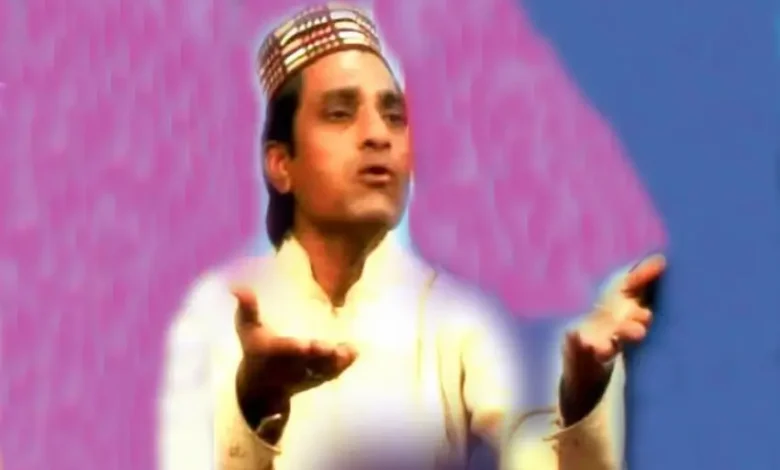
Ali Muhammad Taji is synonymous with Pakistan’s rich and soulful tradition of Qawwali music. His deep, rich voice and innovative interpretations of ghazals and qawwalis have earned him a place among South Asia’s greatest musicals. This article explores the life, music, and enduring legacy of a man who turned qawwali into a global phenomenon.
Table of Contents
ToggleBest Ali Muhammad Taji Pakistani Qawwali Music Download
Early life is the beginning of music
Born in Karachi, Pakistan in 1954, Ali Muhammad Taji grew up in an environment steeped in musical tradition. His father Ustad Fateh Muhammad Khan Sahib and grandfather Ustad Mehtab Khan were respected musicians at the court of the Maharaja and Taji was destined to follow in their footsteps from an early age.
The rise of a Qawwali legend
Taji’s early performances quickly established him as a formidable talent in the folk music scene. His big break was performing in South Africa in 1974, the show that led to his international success. The overwhelming response to his performance opened the doors to many international tours including famous venues in London and other parts of the world Taji Qawwali performances are unique and reflect the perfect blend of tradition and innovation revealed, and provide unforgettable experiences for its audience
Singing musical style
Ali Muhammad Taji’s career is full of timeless songs that have become an integral part of Pakistan’s musical heritage. His popular songs include “Hummen Tu Loot Liya Hussain Waloon Ne” and “Yaaro Mujhe Muaf Rakho Main Nashe Main Hoon”.
Worldwide President of Qawwali
He became an international ambassador for qawwali, taking this traditional music to audiences around the world. His performances are in cities like Dubai, Sharjah, Kuwait, Cairo, Tehran, Berlin, Paris, London, Oslo, Copenhagen, Sydney, and Toronto.
New family heirloom
Taji’s three sons-Saqib Ali Taji, Ahsan Ali Taji, and Asim Ali Taji are all prominent figures in qawwali and semi-classical music. Raised by their father, they have inherited his unique style and perform with the same passion and dedication.
Cultural and spiritual significance of Qawwali
Qawwali is not just about playing music; It is a profound spiritual experience. Mahfils or informal qawwali gatherings are intimate spaces where people come together to experience Pakistani music and connect with the divine.
The lasting influence of Ali Muhammad Taji
Ali Muhammad Taji’s influence remained intact when he died on May 11, 2012, at the age of 55. His music inspired and moved audiences around the world and his legacy is celebrated by his family and fans alike Taji’s contribution to Qawwali transcends human boundaries from all walks of life It is a testimony to the touching power of the genre. Today, his sons carry on his musical legacy, ensuring that Taji’s name remains synonymous with qawwali excellence.
Conclusion
The life and work of Ali Muhammad Taji is a celebration of the rich tradition of Qawwali and classical music. His ability to blend the old with the new, the classic with the modern, made his music timeless. Today, his legacy lives on through his sons and countless followers who appreciate and celebrate his work.
FAQs
What made Ali Muhammad Taji’s style of Qawwali stand out?
Ali Muhammad Taji Qawwali’s style was unique in blending classical elements with contemporary music to create a sound that resonates with traditional and modern audiences.
Who are the musical heirs of Ali Muhammad Taji?
The three sons of Ali Muhammad Taji-Saqib Ali Taji, Ahsan Ali Taji, and Asim Ali Taji are both prominent figures in Qawwali and semi-classical music, continuing their father’s legacy.
What is the importance of Mahfils in Qawwali music?
Mahfils are informal events that include qawwali performances that emphasize the spiritual connection between music and the divine, allowing attendees to experience music on a deeply personal level.
How has the family of Ali Muhammad Taji contributed to the emergence of the Qawwali tradition?
Coming from a family of renowned musicians, the Taji family has played an important role in preserving and promoting the Qawwali tradition, with each generation passing on their knowledge and skills.

